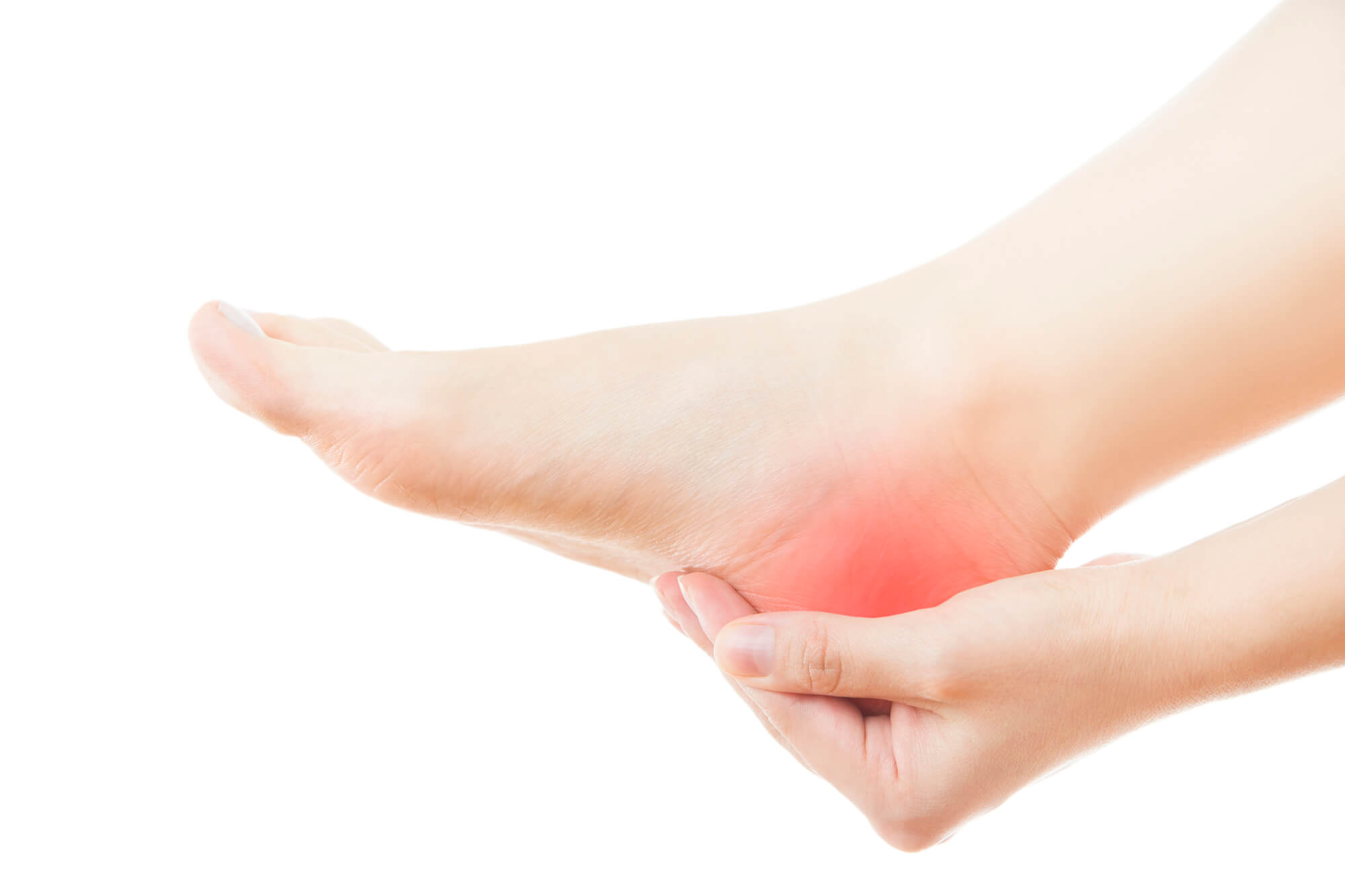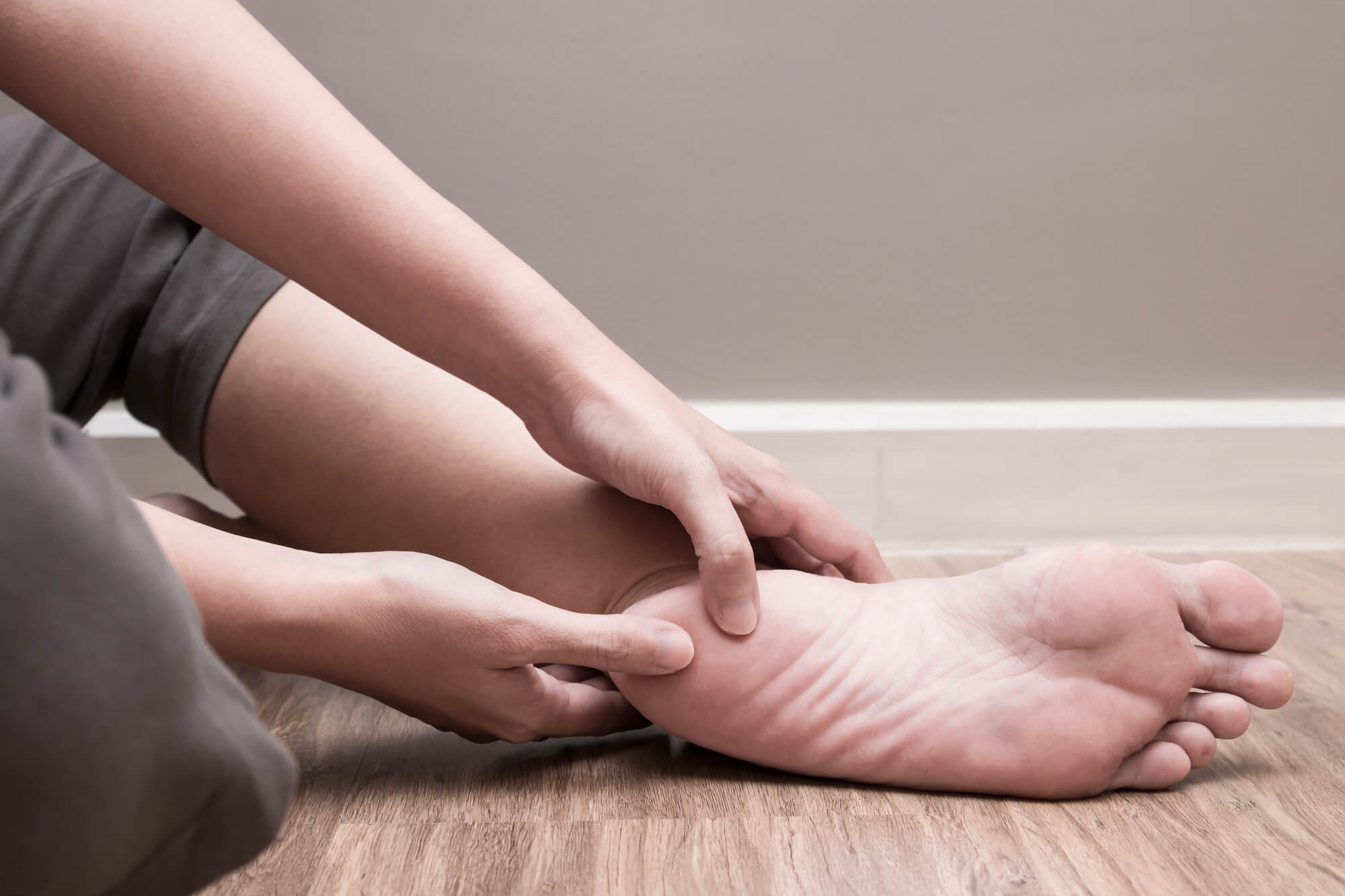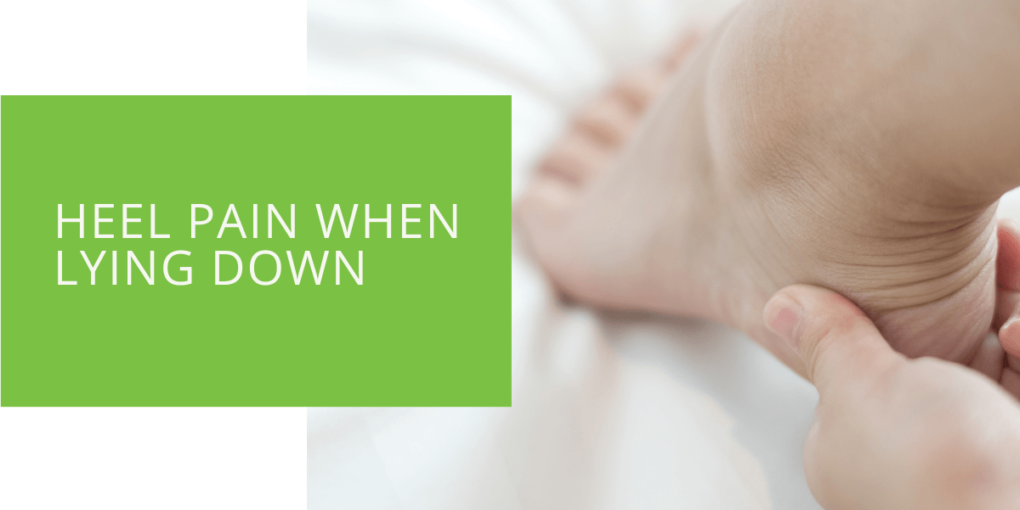Heel Pain When Lying Down: Causes, Symptoms & Treatment
Heel pain when lying down is a common foot problem experienced by many people. This type of pain can range from a mild ache to a sharp, stabbing pain, making it difficult to sleep at night. This article will discuss the causes, symptoms, and treatment options for heel pain when lying down. If you're experiencing heel pain, it's important to consult with a podiatrist for an accurate diagnosis and treatment plan.
Common Causes of Heel Pain When Lying Down
Plantar Fasciitis
Plantar fasciitis is a common cause of heel pain when lying down. The plantar fascia is a thick band of tissue that runs along the bottom of your foot from your heel bone to your toes. If this tissue becomes inflamed, it can cause heel pain. Symptoms of plantar fasciitis include pain in the heel or arch of the foot, especially when taking the first steps after waking up in the morning or after long periods of sitting.
The causes of plantar fasciitis can vary, but some common factors include overuse, high-impact exercise, being overweight, and wearing shoes with poor arch support. Treatment options for plantar fasciitis include rest, ice, stretching exercises, orthotics, and medication.
Heel Spurs
Heel spurs are bony growths that form on the heel bone. They can be caused by strain on the foot ligaments and muscles, stretching of the plantar fascia, or excessive walking or running. Heel spurs can cause pain in the heel and bottom of the foot, especially when standing or walking. Treatment options for heel spurs include rest, ice, stretching exercises, orthotics, and medication.
Sever's Disease
Sever's disease is a condition that affects children and adolescents. It occurs when the growth plate in the heel bone becomes inflamed. Symptoms of Sever's disease include pain in the heel, especially during or after exercise, and stiffness in the ankle. Treatment options for Sever's disease include rest, ice, stretching exercises, orthotics, and medication.

Less Common Causes of Heel Pain When Lying Down
Achilles Tendinitis
Achilles tendinitis is a condition that affects the Achilles tendon, which connects the calf muscles to the heel bone. It can be caused by overuse or strain on the Achilles tendon, and symptoms include pain in the heel, swelling, and stiffness in the ankle. Treatment options for Achilles tendinitis include rest, ice, stretching exercises, orthotics, and medication.
Stress Fractures
Stress fractures are tiny cracks in the bones that overuse, repetitive activities, or trauma to the foot can cause. Symptoms of stress fractures include pain in the heel, swelling, and tenderness in the affected area. Treatment options for stress fractures include rest, immobilization with a splint or cast, and medication.
Nerve Entrapment
Nerve entrapment occurs when a nerve in the foot becomes compressed or irritated. Several factors, including tight shoes, overuse, or trauma to the foot can cause this. Symptoms of nerve entrapment include pain in the heel, numbness or tingling in the foot or toes, and weakness in the foot or ankle. Treatment options for nerve entrapment include rest, ice, stretching exercises, orthotics, and medication.

Treatment Options for Heel Pain When Lying Down
Conservative Treatments
Conservative treatments for heel pain when lying down include rest, ice, stretching exercises, and orthotics. Resting the affected foot can help reduce inflammation and swelling while stretching exercises can help improve flexibility and relieve pain.
Orthotics, such as custom shoe inserts, can help support the foot and reduce strain on the affected area. Night splints are also commonly used to stretch the plantar fascia and Achilles tendon while you sleep, helping to alleviate heel pain.
Medical Treatments
Sometimes, medical treatments may be necessary to relieve heel pain when lying down. Medications such as nonsteroidal anti-inflammatory drugs (NSAIDs) can help reduce pain and inflammation in the affected area. Physical therapy can also be beneficial in helping to stretch and strengthen the foot and ankle muscles, reducing the risk of further injury.
Extracorporeal Shockwave Therapy (ESWT) is a non-invasive procedure that uses high-energy shockwaves to stimulate the body's natural healing processes. ESWT is effective in treating plantar fasciitis and other types of heel pain.
In severe cases, surgery may be necessary to relieve heel pain. Orthopedic surgery can remove heel spurs or repair damaged ligaments and tissues in the foot and ankle.
Conclusion
Heel pain when lying down can be a painful and disruptive condition that significantly affects your quality of life. If you are experiencing heel pain, it's important to seek medical attention from a podiatrist as soon as possible to determine the underlying cause and develop an appropriate treatment plan.
While conservative treatments such as rest, ice, and stretching exercises can effectively relieve heel pain, medical treatments such as medications, physical therapy, and extracorporeal shockwave therapy may be necessary for more severe cases.
Remember to avoid high-impact exercise and wear shoes with good arch support to help prevent heel pain. Apply ice to the affected area for 15-20 minutes several times a day to help reduce inflammation and swelling.
Taking proactive steps to address heel pain when lying down can relieve your symptoms and get you back to enjoying the activities you love.

